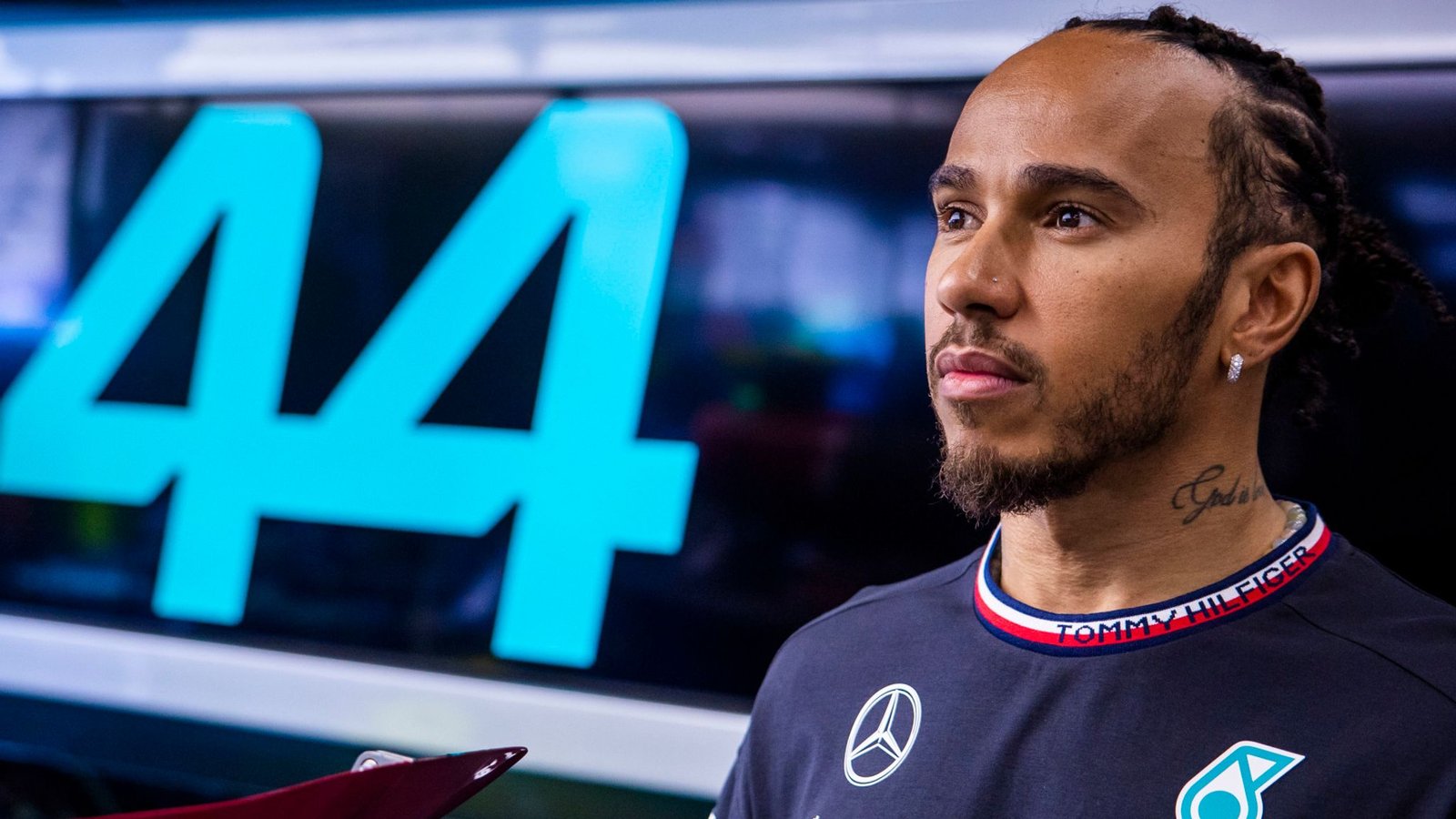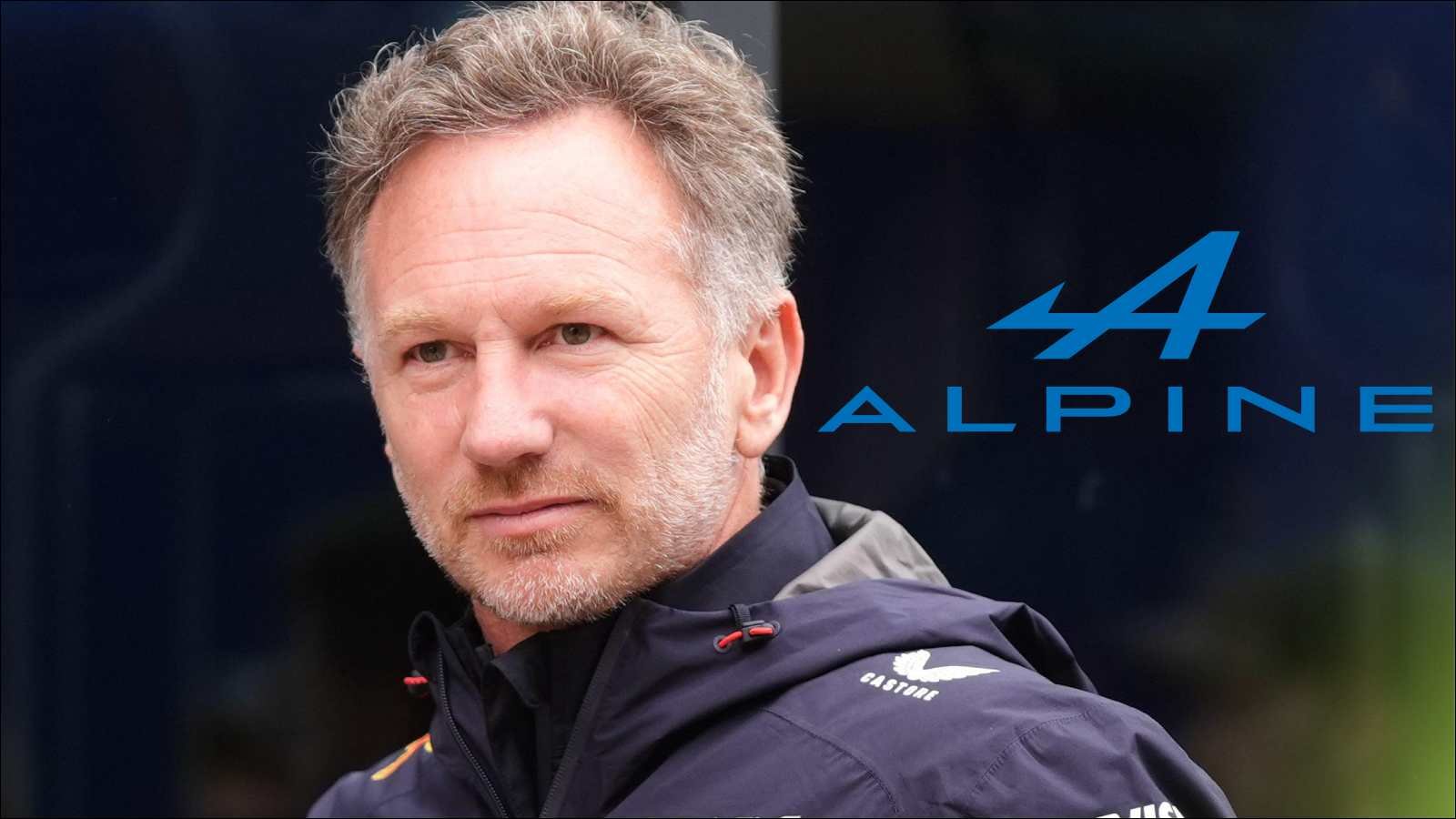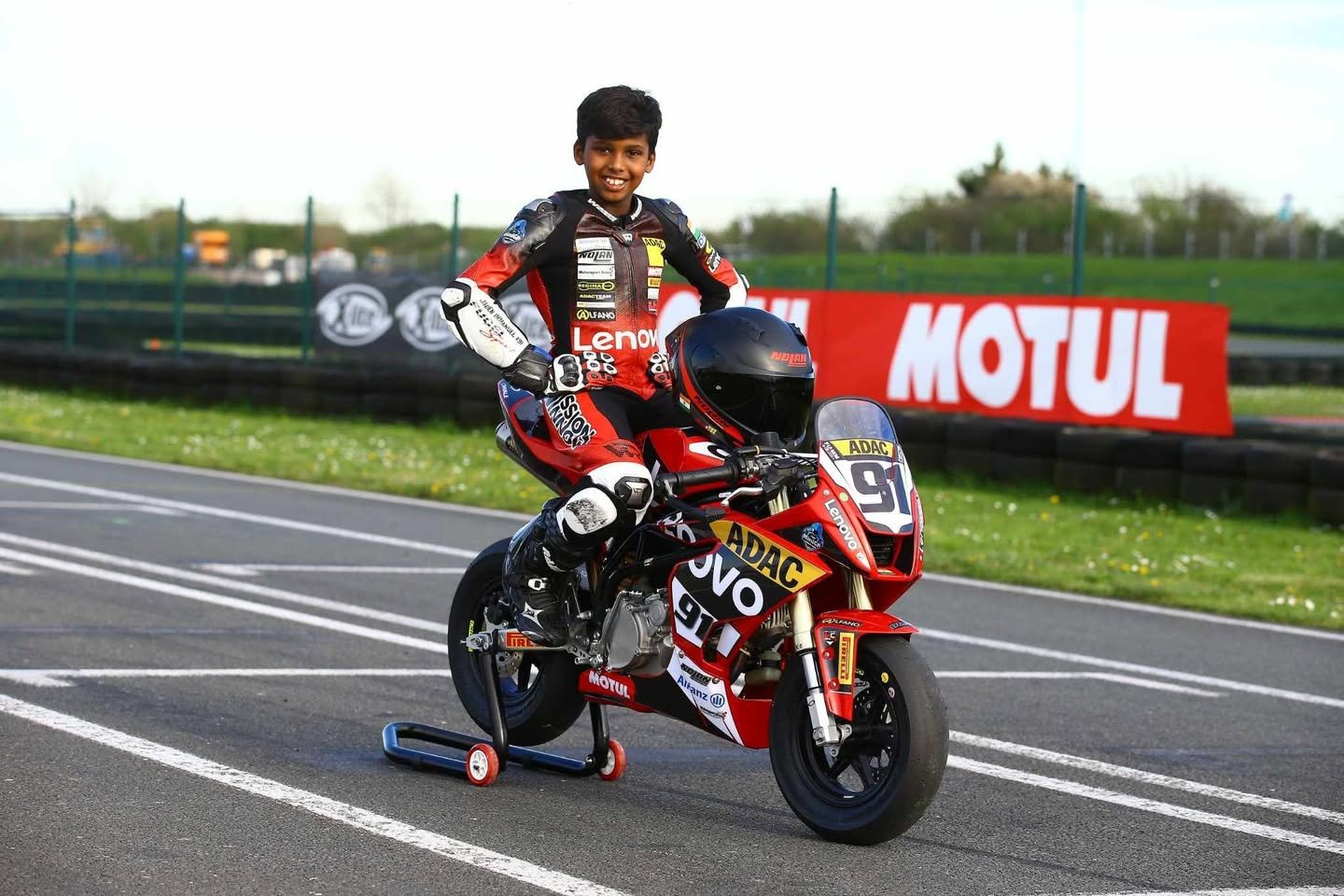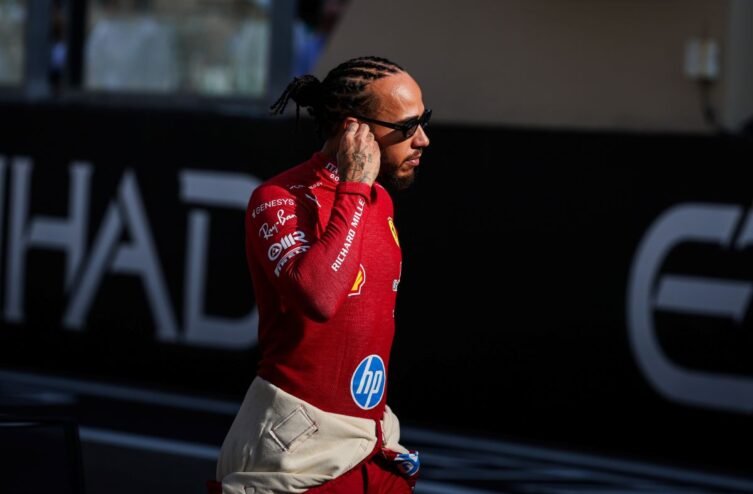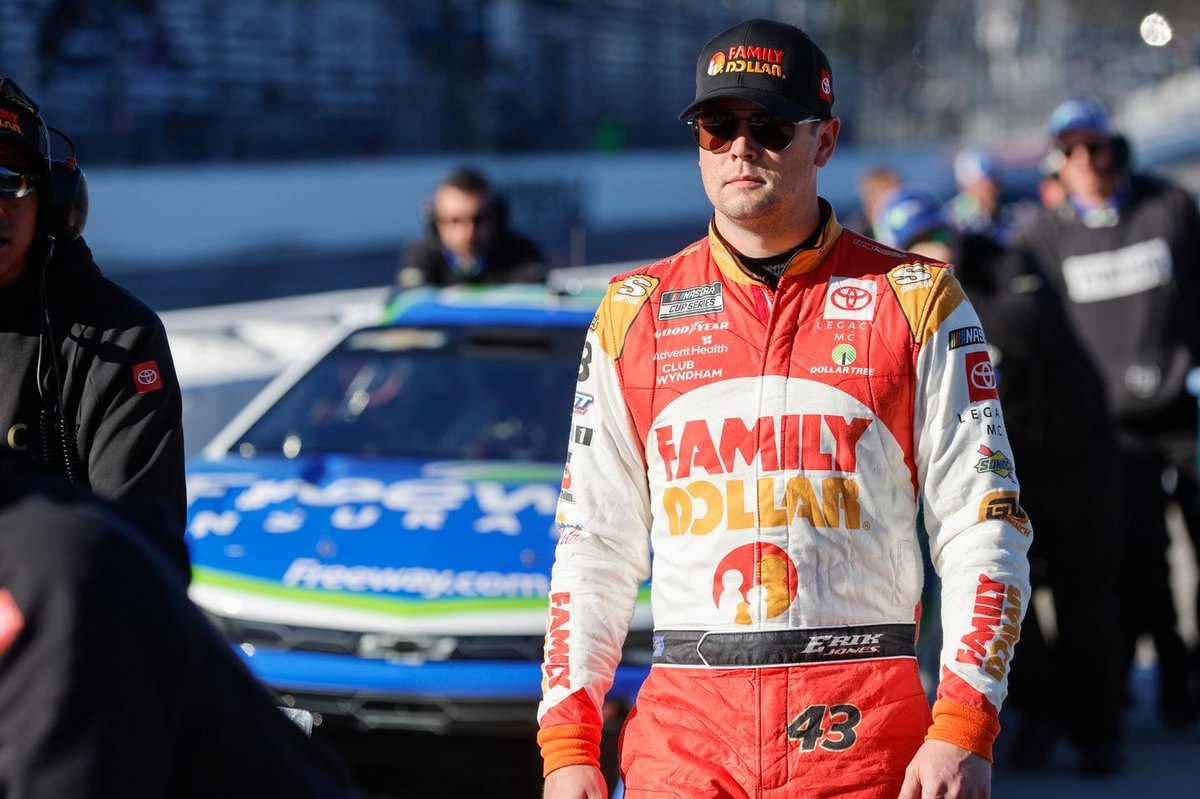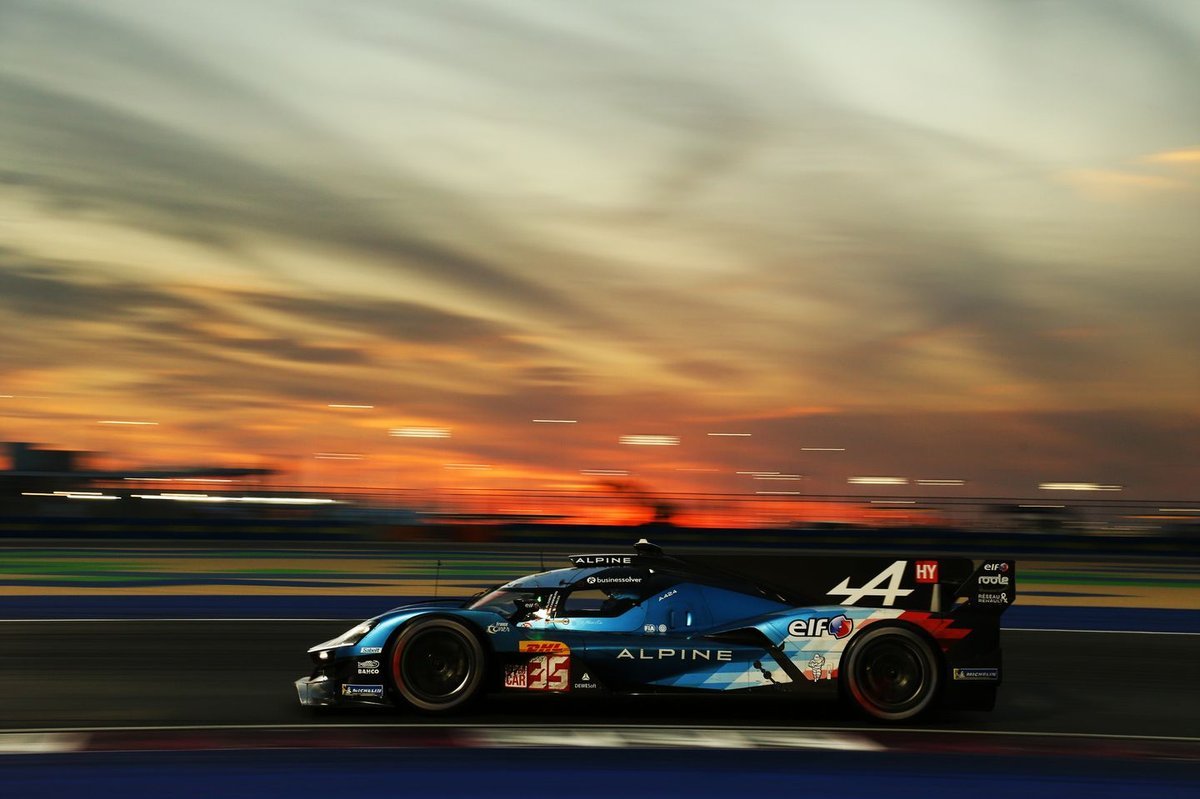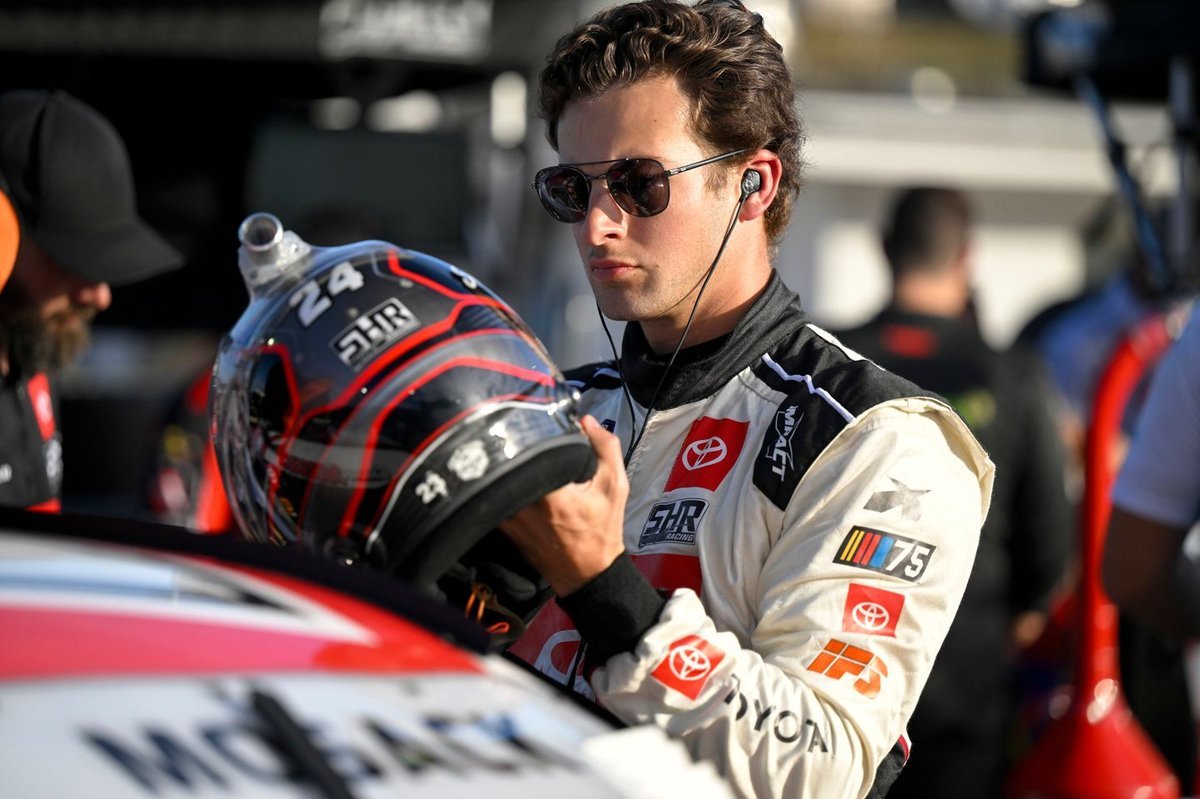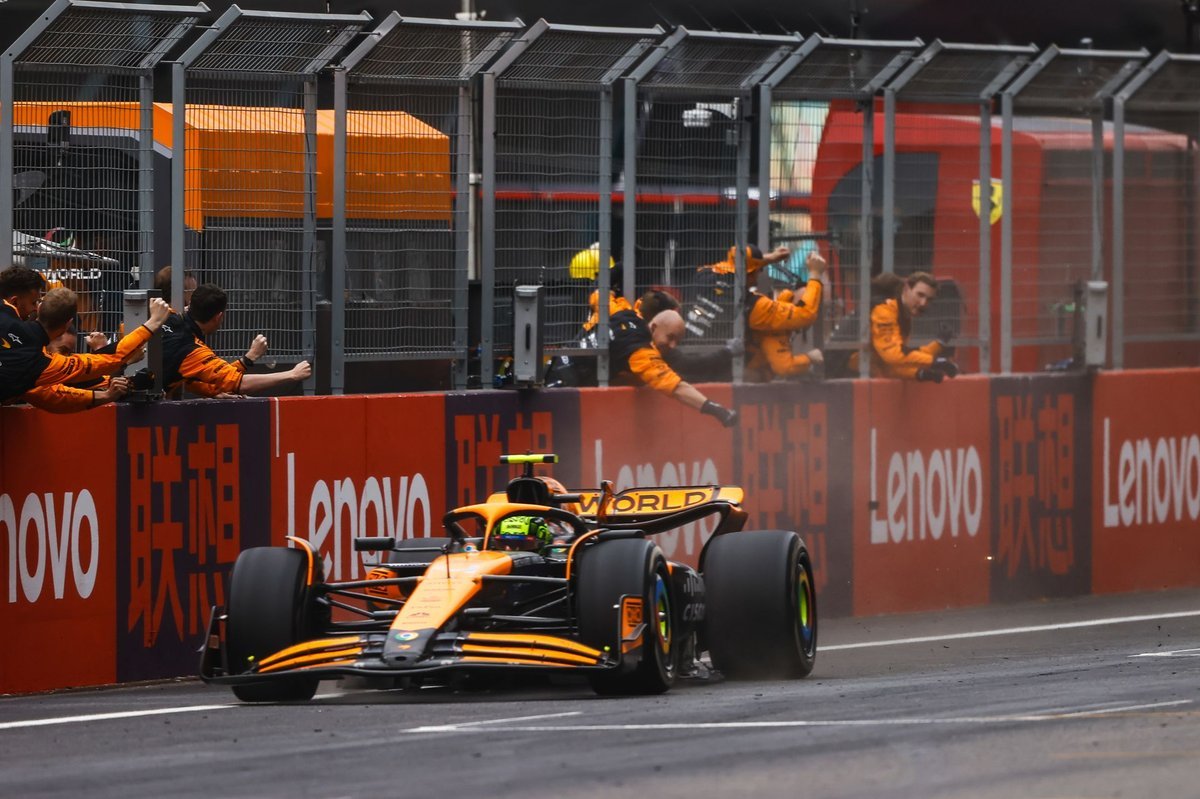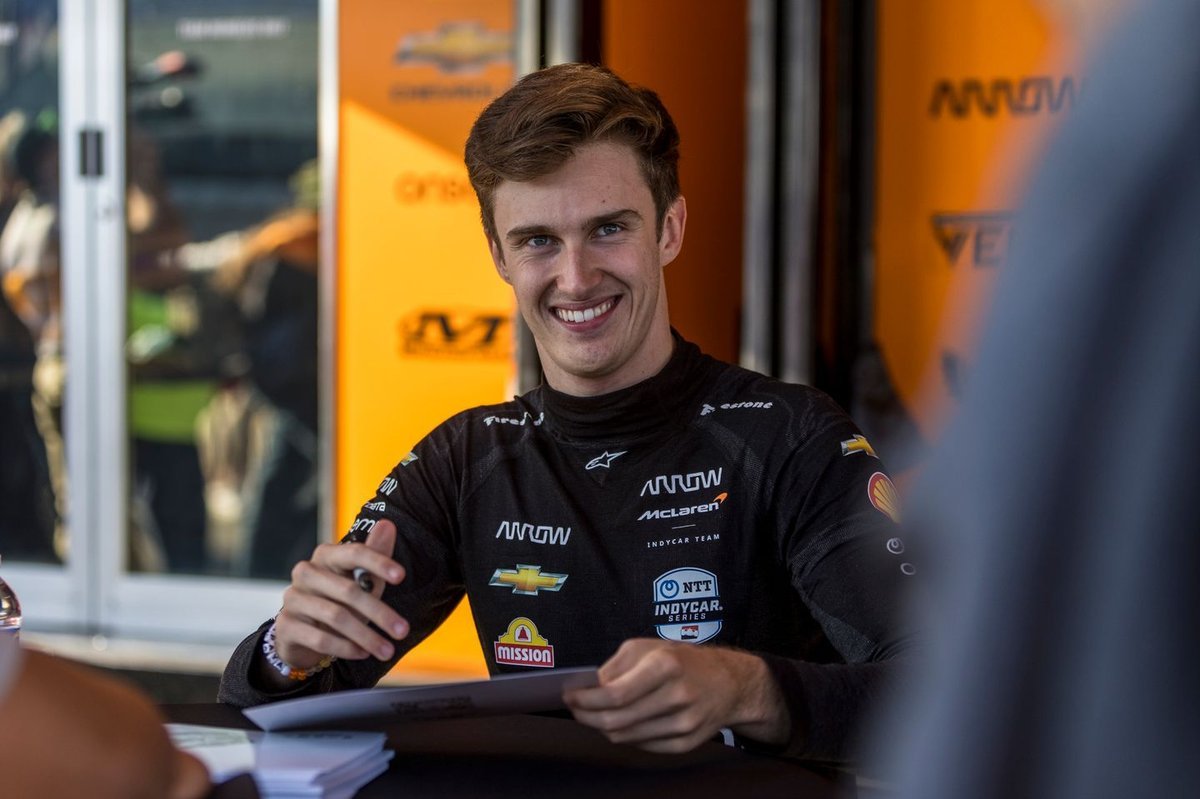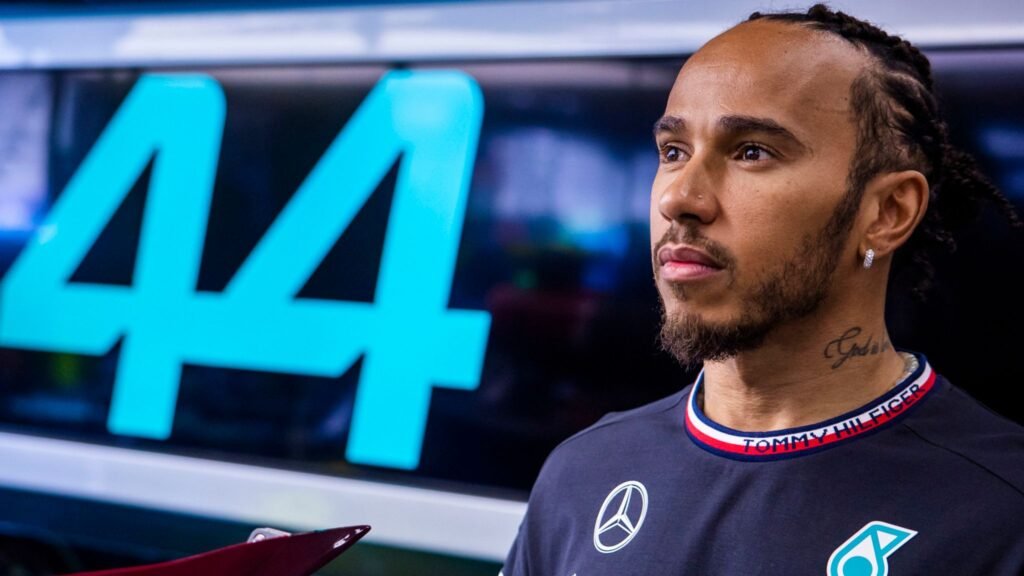
Source – Sky sports
In the midst of current negotiations to hold a Grand Prix in Rwanda, Lewis Hamilton has urged Formula One to focus on Africa.
Lewis Hamilton, the seven-time Formula 1 World Champion, has once again made headlines for reasons beyond the racetrack. The British driver, known for his vocal advocacy on global and social issues, has turned his attention to a cause close to his heart: bringing Formula One back to Africa. As discussions between Formula One and the Rwandan government gain traction over the potential for a Grand Prix in Rwanda, Hamilton’s call for action has resonated deeply within the sport. He believes that the African continent, which hasn’t hosted a Grand Prix since 1993, has been unjustly overlooked, and it’s time for F1 to give back to a continent that, in his words, the world has long taken from.
The last time Formula One raced on African soil was during the South African Grand Prix at the Kyalami Circuit, marking the end of an era for African motorsport. Since then, F1 has expanded globally, adding races across the Middle East, Asia, and North and South America. However, Africa, with its vast landscapes, rich cultural heritage, and untapped potential, remains conspicuously absent from the sport’s calendar. This exclusion is something Hamilton feels deeply passionate about changing. Speaking after the conclusion of the Dutch Grand Prix, he didn’t hold back in voicing his concerns about F1’s continued neglect of Africa.
“We can’t be adding races in other locations and continuing to ignore Africa, which the rest of the world just takes from. No one gives anything to Africa,” Hamilton said. His words, sharp and unflinching, underscore a broader issue he sees with how Africa is perceived and treated globally. For him, this isn’t just about expanding Formula One’s footprint; it’s about using the sport’s global platform to bring attention to a continent that deserves recognition, respect, and opportunity.
The idea of a Rwandan Grand Prix has gained momentum in recent months, with F1’s CEO Stefano Domenicali engaging in talks with Rwandan officials to explore the possibility of building a permanent racing circuit in the country. Rwanda, known for its remarkable transformation in recent decades, is emerging as a potential hub for motorsport in Africa. If successful, it could become the first African nation in over 30 years to host an F1 race, a milestone that could inspire other African countries to follow suit.
For Hamilton, however, this goes beyond just securing a race in Rwanda. He sees the bigger picture—one in which F1 can be a force for positive change in Africa. “There’s a huge amount of work that needs to be done there,” he said. “I think a lot of the world that haven’t been there don’t realize how beautiful the place is, how vast it is. And probably they don’t even know what the countries are doing still to those places in terms of holding back.” His comments reflect his frustration with how Africa is often misunderstood or misrepresented by those who have never set foot on the continent.
Hamilton envisions a future where Formula One plays a role in not only promoting African tourism but also shining a light on the continent’s potential. He believes that hosting a Grand Prix in Africa could provide a platform for showcasing the continent’s beauty, culture, and development, while also addressing the economic disparities that continue to affect many African nations. “Having a grand prix there will really be able to highlight just how great the place is and bring in tourism and all sorts of things,” he explained.
The possibility of a Rwandan Grand Prix has sparked excitement among fans and stakeholders alike, but it also comes with logistical challenges. Building a state-of-the-art racing facility that meets F1’s rigorous safety and performance standards is no small feat. However, Rwanda has proven itself capable of achieving the extraordinary. Over the years, the country has undergone a remarkable transformation, emerging from its troubled past to become one of Africa’s most stable and rapidly developing nations. This makes Rwanda a fitting candidate for hosting an event of such global significance.
For Hamilton, the significance of an African Grand Prix extends beyond the racing spectacle. He believes it could serve as a catalyst for changing how Africa is viewed and treated on the global stage. His advocacy for Africa isn’t new; the Mercedes driver has long championed causes related to diversity, inclusion, and equality, both within and outside of Formula One. His drive to see Africa included in the F1 calendar reflects his broader mission to use his platform for good, pushing for change where he sees it is needed most.
As Formula One continues to grow and expand into new markets, the inclusion of Africa seems not only necessary but overdue. The continent, with its rich history and vast potential, offers more than just a new venue for racing. It represents an opportunity for F1 to contribute to the growth and development of Africa in meaningful ways. By hosting a race in Rwanda or elsewhere in Africa, F1 can help generate tourism, create jobs, and inspire a new generation of motorsport enthusiasts.
Hamilton’s impassioned plea for F1 to return to Africa has undoubtedly added weight to the ongoing discussions with Rwanda. With his influence and the increasing focus on making F1 a truly global sport, the prospect of an African Grand Prix is closer to reality than ever before. Should these talks lead to a successful agreement, it would not only mark a historic moment for the sport but also reaffirm Formula One’s commitment to inclusion and global representation.
In the words of Hamilton, “No one gives anything to Africa.” But now, with momentum building and talks progressing, it appears that Formula One may finally be ready to give back to a continent that has long been overlooked. The future of F1 in Africa is no longer just a dream—it’s on the horizon, and Lewis Hamilton is determined to make sure that it becomes a reality.

